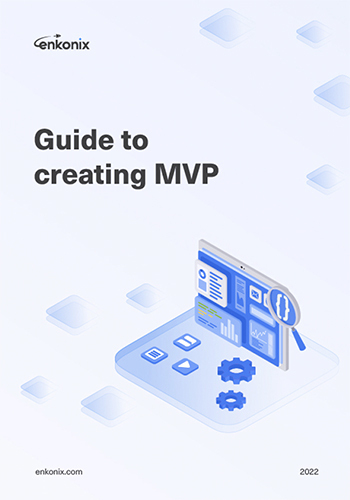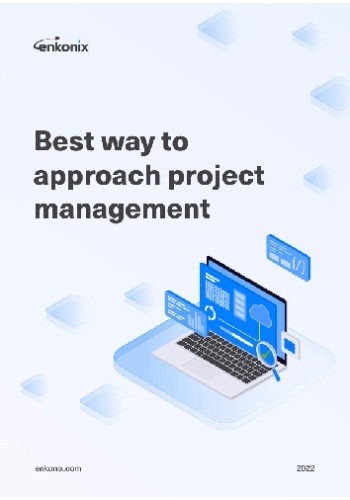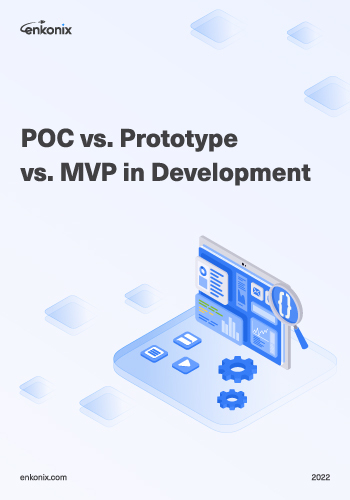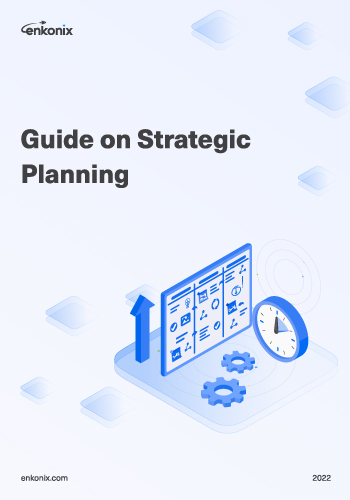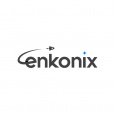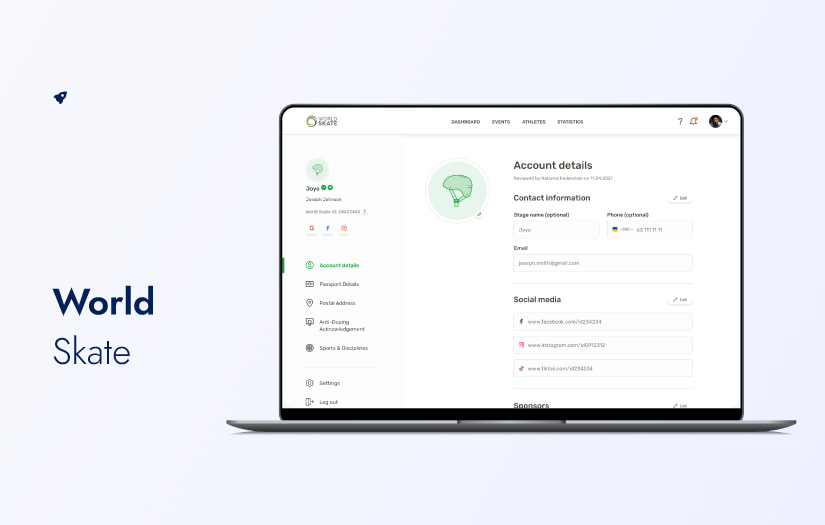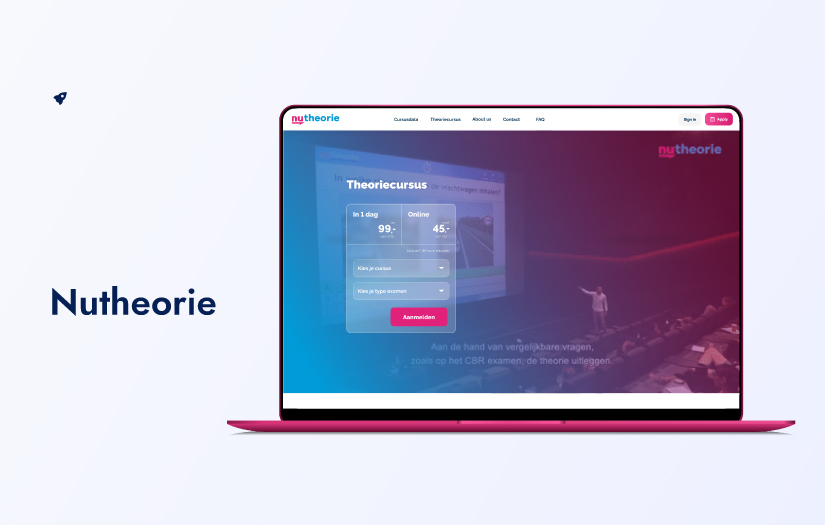Enkonix is a full-cycle software development company specializing in custom web and mobile app development. We provide a wide range of services and work with projects of different scales, from MVP to enterprise. Creating impressive turnkey mobile app solutions for growing startups and established businesses, Enkonix is a reliable partner for custom software development.
Focus Areas
Service Focus
- Software Development
- Web Development
- Mobile App Development
Client Focus
- Small Business
- Medium Business
Industry Focus
- Real Estate
- Advertising & Marketing
- Retail
Enkonix Executive Interview

Enkonix Clients & Portfolios











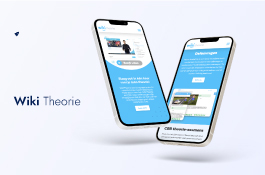




Enkonix Reviews
- All Services
- Software Development
- Web Development
- Mobile App Development
- Relevance
- Most Recent
- Rating: high to low
- Rating: low to high

A very professional team who transformed an idea into reality
Review Summary
What service was provided as part of the project?
Software Development
What is it about the company that you appreciate the most?
Communication and planning. Enkonix project management is right where it should always be.
I have particularly appreciated their detail oriented approach and best security practices.
What was it about the company that you didn't like which they should do better?
Not much. Of course there were a few bugs but this is part of the development process.
Enkonix's Expertise Fuels Outstanding App Success and Seamless Collaboration.
Review Summary
What service was provided as part of the project?
Mobile App Development, Web Development, Software Development
Exceptional Services and Inclusive Culture: A Glimpse into the Full-Service Firm with a Diverse Workforce
Review Summary
What service was provided as part of the project?
Mobile App Development, Web Development, Software Development
Client-Centric Leadership and Cutting-Edge Solutions: Enkonix's Commitment to Excellence Shines Through.
Review Summary
What service was provided as part of the project?
Mobile App Development, Web Development, Software Development

Empowering Visions: Enkonix's Exceptional Partnership in Transforming Concepts into Successful Realities.
Review Summary
What service was provided as part of the project?
Mobile App Development, Web Development, Software Development

Elevating Business Processes: Enkonix's Exceptional Solutions and Collaborative Approach Shine.
Review Summary
What service was provided as part of the project?
Mobile App Development, Web Development, Software Development

Driving Success through Leadership Commitment and Technical Excellence: Enkonix's Innovative Solutions and Collaborative Approach.
Review Summary
What service was provided as part of the project?
Mobile App Development, Web Development, Software Development

Excellent experience. Very good communication and timely delivery of results.
Review Summary
What was the project name that you have worked with Enkonix?
Janala web development and ADDA app development
What service was provided as part of the project?
Web Development
What is it about the company that you appreciate the most?
{"1":"Highly reliable team that plans and executes the entire team with great care and delivers the expected results."}
What was it about the company that you didn't like which they should do better?
{"1":"Nothing. Everything was perfect and there is nothing to complain about."}

Excellent and collaborative team with depth of knowledge, creativity and dedication.
Review Summary
What service was provided as part of the project?
Software Development
What is it about the company that you appreciate the most?
Ability to quickly understand the challenge and to find a great solution, within a reasonable budget.
Highly responsive team that always works to come up with the best options
What was it about the company that you didn't like which they should do better?
Nothing negative to report at all. I would highly recommend them.

I would recommend Enkonix 100%.
Review Summary
The platform has impressed internal stakeholders with its functionality and ease of use. Throughout the engagement, Enkonix was a reliable partner, using their expertise to provide suggestions and advice to elevate the final product. Customers can expect a successful project.
What service was provided as part of the project?
Web Development, Software Development

It's a pleasure to work with Enkonix team
Review Summary
The look and functionality of the app are impressive. Their team is skilled in all aspects of design and development. Working with Enkonix ensures a dynamic collaboration.
What service was provided as part of the project?
Mobile App Development
What is it about the company that you appreciate the most?
Enkonix’s team is full of experts in design and development for various technologies. We didn’t have to rely on other partners to get work done. Their team is reliable and finds methods to make everything they do in reality. We hope to continue our partnership in the future.
What was it about the company that you didn't like which they should do better?
Everything is perfect! I’m pleased with what they delivered and how the project went.
Resources
